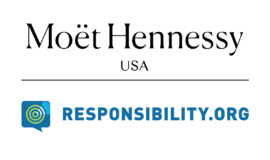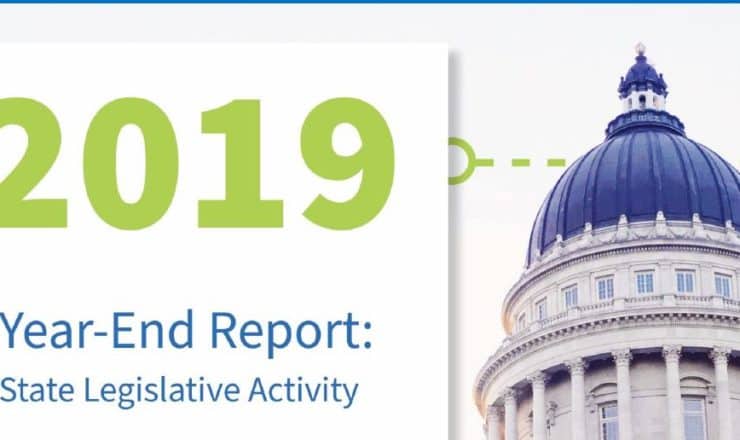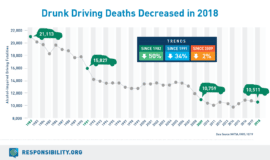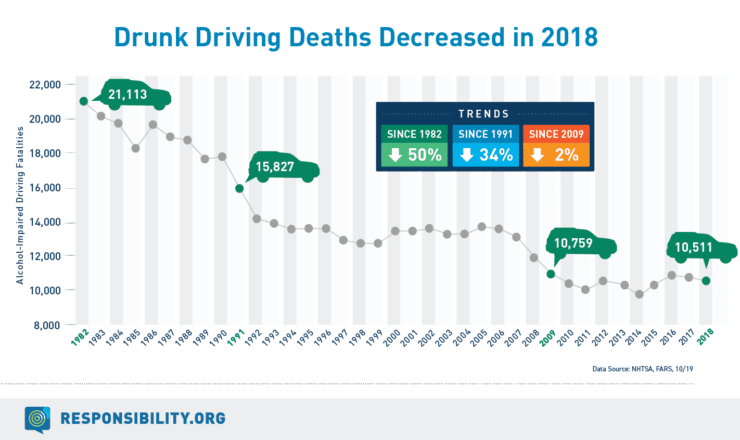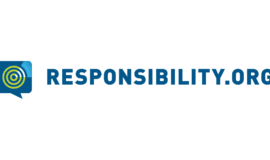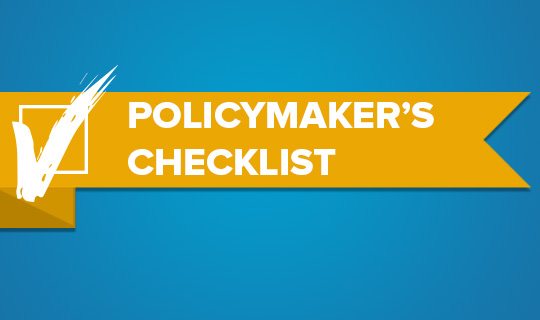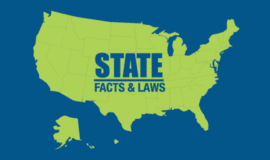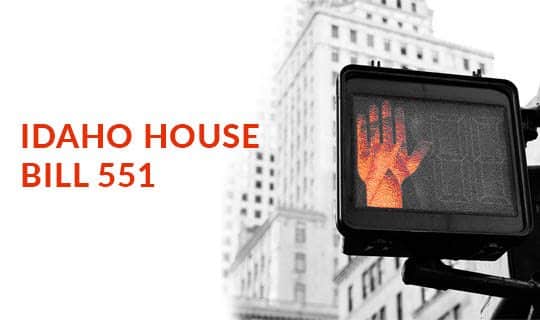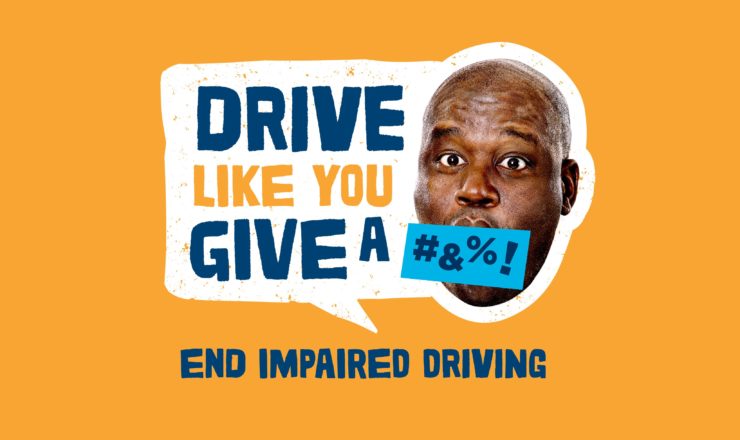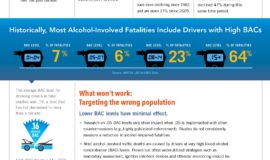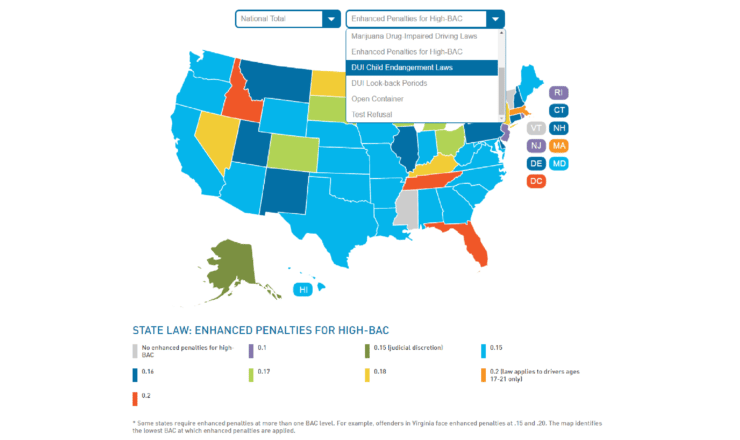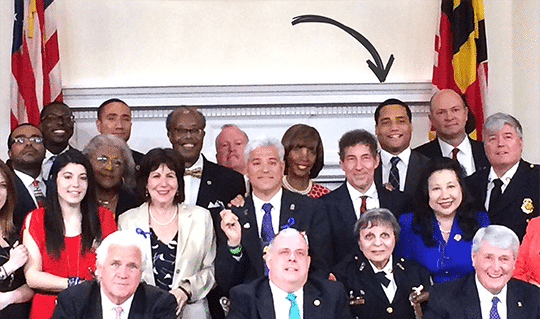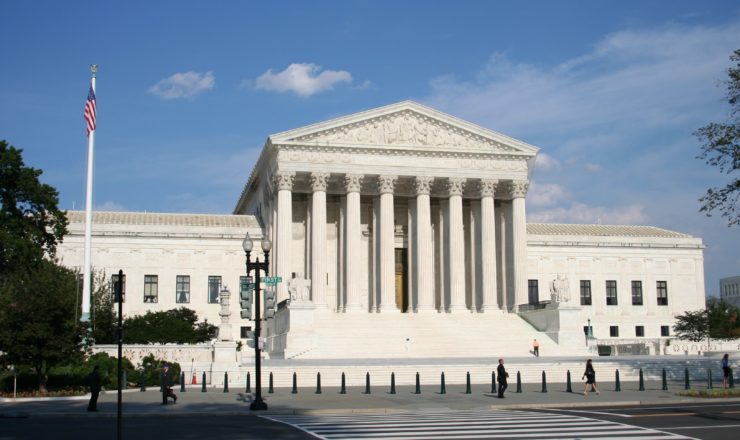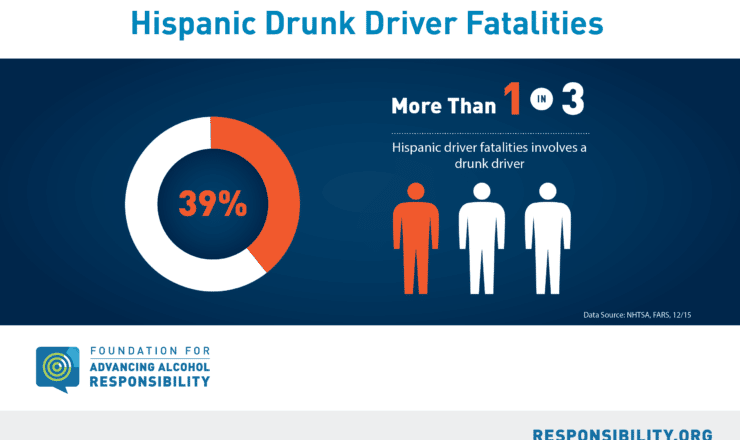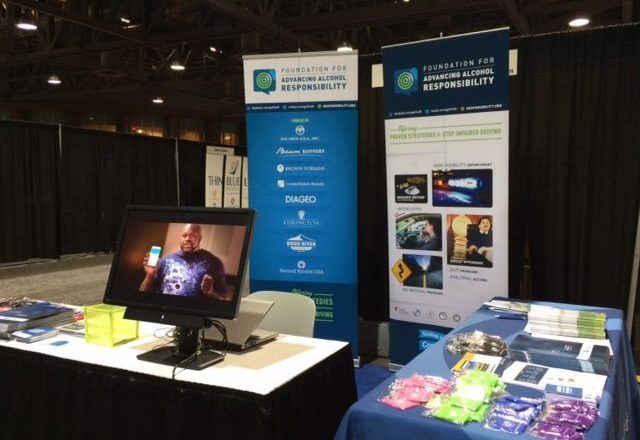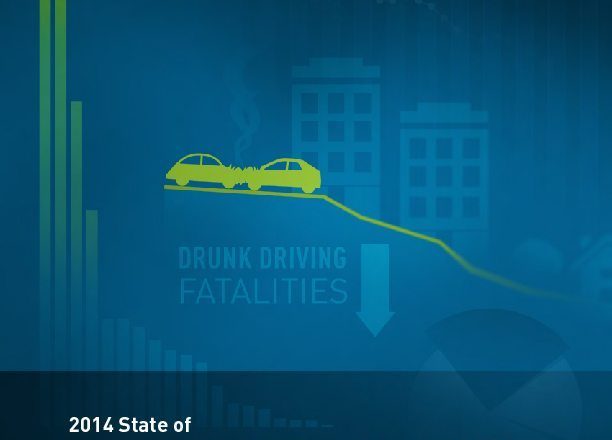DUI reform remains an elusive goal in Maryland
Last week, the Maryland House Judiciary Committee, chaired by Delegate Joseph Vallario, held a hearing to discuss House Bill 872. This bill, sponsored by Delegate Benjamin Kramer, requires that all convicted DUI offenders, including first-time offenders, install an ignition interlock. We fully support this bill along with its companion in the Senate (SB 395).
The issue of drunk driving has been the focus of increased scrutiny in recent months due to several high-profile cases in Maryland (e.g., Olympic champion Michael Phelps and Suffragan Bishop Heather Cook). The criminal justice system has really failed in addressing the problem of DUI, particularly as it relates to preventing first offenders from becoming recidivists who cycle in and out of courtrooms. Real reform appears to be an elusive goal for the state as DUI statutes time and again fail to pass the House of Delegates, subsequently creating a climate where high-risk impaired drivers are not identified and lives are lost as a result.
Instead of using initial contact with the justice system as an opportunity for intervention, first-time DUI offenders receive probation before judgment (PBJ) and fines. They are also not required to install an ignition interlock, which would at least ensure that they could not start their vehicle after consuming alcohol for a minimum of one year (which can be extended for violations). Neighboring states such as Delaware, Virginia, and West Virginia have all implemented a first offender interlock law. Therefore, Maryland is lagging behind. But, this is unsurprising given the state’s stagnation in DUI policymaking, resulting in a lack of progressivity on this important issue.
As evidenced in the chart below, Maryland has lax penalties when compared to other states in the region.
Critics of HB 872/SB 395 will say that because Maryland has mandatory interlocks for repeat DUI offenders and high-BAC (.15>) first offenders, that enough is already being done. They will make the case that it is not worth the further investment to implement this life-saving countermeasure for offenders who are likely to have made a “one-time error in judgment.” We firmly disagree with these sentiments.
I invite you to consider the following:
The term ‘first offender’ is a misnomer. First-time DUI offenders may not be “first” offenders in the true sense of the word. Rather, these are often individuals who have driven drunk repeatedly but were never detected or apprehended. The Centers for Disease Control and Prevention (CDC) estimate that drunk drivers drive repeatedly before ever being detected and arrested (average of 80 times before first arrest). This estimate is conservative as other research shows that drunk drivers can drink and drive more than 200 times before being detected and apprehended (Beck et al., 1999). Leading researchers agree that the interlock is a sufficient means to address impaired driving among first offenders, as over 50% of this population are repeat drunk drivers who have only been arrested once (Dewey-Kollen and Ellinger, 2008).
First offenders are the majority of the DUI problem. While repeat drunk drivers are overrepresented in fatal crashes, 70% of drunk driving offenses in many jurisdictions involve drunk drivers with no prior conviction (Voas and Fisher, 2001).
First offenders can be high-risk. Research shows that many first offenders meet the criteria for alcohol abuse or dependence (Wieczorek, 1992; Couillou et al., 2007). A study conducted by Rauch (2005) found that 82% of first offenders were assessed as alcoholics or problem drinkers. Research further suggests that first-time offenders will continue to engage in drunk driving unless significant interventions are made (Rauch, 2005). The use of ignition interlocks is one such intervention that can be effectively utilized with this population.
So why are interlocks needed as part of a comprehensive solution to address drunk driving in Maryland, even among first offenders? We’ll cover this on Wednesday.
|
Look-back Period |
1st Offense |
2nd Offense |
3rd Offense |
Refusal |
|
| Maryland |
5 years |
Fine: Up to $1,000Jail: Up to a year
License: Revoke for 12 months Interlock: Mandatory only if BAC .15>
* In Maryland, first offenders are eligible for probation before judgment (PBJ) – if they successfully complete their period of probation, then no DUI conviction will appear on their record. Offenders are eligible for PBJ once every 10 years.
|
Fine: Up to $2,000Jail: Up to two years; mandatory minimum of 5 days
License: Revoke for 12 months Interlock: Suspend license for one year with mandatory interlock for 3-12 months Treatment: Alcohol abuse assessment and program
|
Fine: Up to $3,000Jail: Up to three years
License: Revoke for 18 months; suspend license for one year with mandatory interlock for 3-12 months Treatment: Alcohol abuse assessment and program
|
License suspension: 120 days (first offense); one year (second and subsequent offense)
A person will only receive criminal sanctions for refusal if they are subsequently convicted of DUI. In those instances, an offender will pay an additional fine of up to $500 and spend up to two months in jail
|
| Delaware |
Lifetime |
Fine: $230-$1,150Jail: Not more than six months
License: Revoke for 12-24 months Interlock: Mandatory, install minimum of six months Treatment: Assessment and referral to an education or treatment program
* In Delaware, first-time DUI offenders are eligible for First Offense Election (FOE). Similar to MD, this is a diversion process that will result in the expunging of one’s record if they successfully complete the program. Offenders are eligible for FOE once and interlocks are required.
|
Fine: $575-$2,300Jail: Up to 18 months; mandatory minimum of 60 days
License: Revoke for 24-60 months Interlock: Mandatory, install minimum of one year Treatment: Assessment and referral to an education or treatment program
|
Fine: $575-$2,300Jail: Up to 18 months; mandatory minimum of 60 days
License: Revoke for 24-60 months Interlock: Mandatory, install minimum of one year Treatment: Assessment and referral to an education or treatment program
|
License suspension: one year (first offense); 18 months (second offense); 24 months (third and subsequent offense) |
| Virginia |
10 years |
Fine: Minimum fine of $250License: Revoke for 12 months
Interlock: Mandatory, install minimum of six months Treatment: Assessment and referral to an education or treatment program
* If BAC is .15 - .20 at time of arrest, there is mandatory jail time (5-10 days) ** If BAC is .20> at time of arrest, there is mandatory jail time (10-20 days) |
Fine: Minimum fine of $250Jail: Up to one year; if second offense within 5 years, mandatory minimum of 20 days
License: Revoke for 3 years Interlock: Mandatory, install minimum of six months Treatment: Assessment and referral to an education or treatment program
|
Fine: Minimum fine of $1,000Jail: if third offense within 5 years, mandatory minimum of 6 months; 90 days if third offense within 10 years; prosecuted as a felony
License: Revoke indefinitely Interlock: Mandatory, install minimum of six months Treatment: Assessment and referral to an education or treatment program
|
License suspension: one year (first offense); three years (second offense within 10 years); three years (third offense within 10 years)
In Virginia, the first refusal is a civil offense but subsequent refusals are misdemeanors |
| West Virginia |
10 years |
Fine: $100-$1,000Jail: Up to six months
License: Revoke for 15-45 days Interlock: Mandatory, install minimum of four months for BAC under .15 and nine months for BAC over .15 Treatment: Assessment and referral to an education or treatment program
|
Fine: $1000-$3,000Jail: Six to 12 months
License: Revoke for one year Interlock: Mandatory, install for one year for every conviction Treatment: Assessment and referral to an education or treatment program
|
Fine: $3000-$5,000Jail: One to three years
License: Revoke for one year Interlock: Mandatory, install for one year for every conviction Treatment: Assessment and referral to an education or treatment program
|
License suspension: one year or 45 days with an additional one year of interlock (first offense); 5 to 10 years, no interlock option (second offense); lifetime (third offense)
|
Click here to view Part Two of this two-part series.


